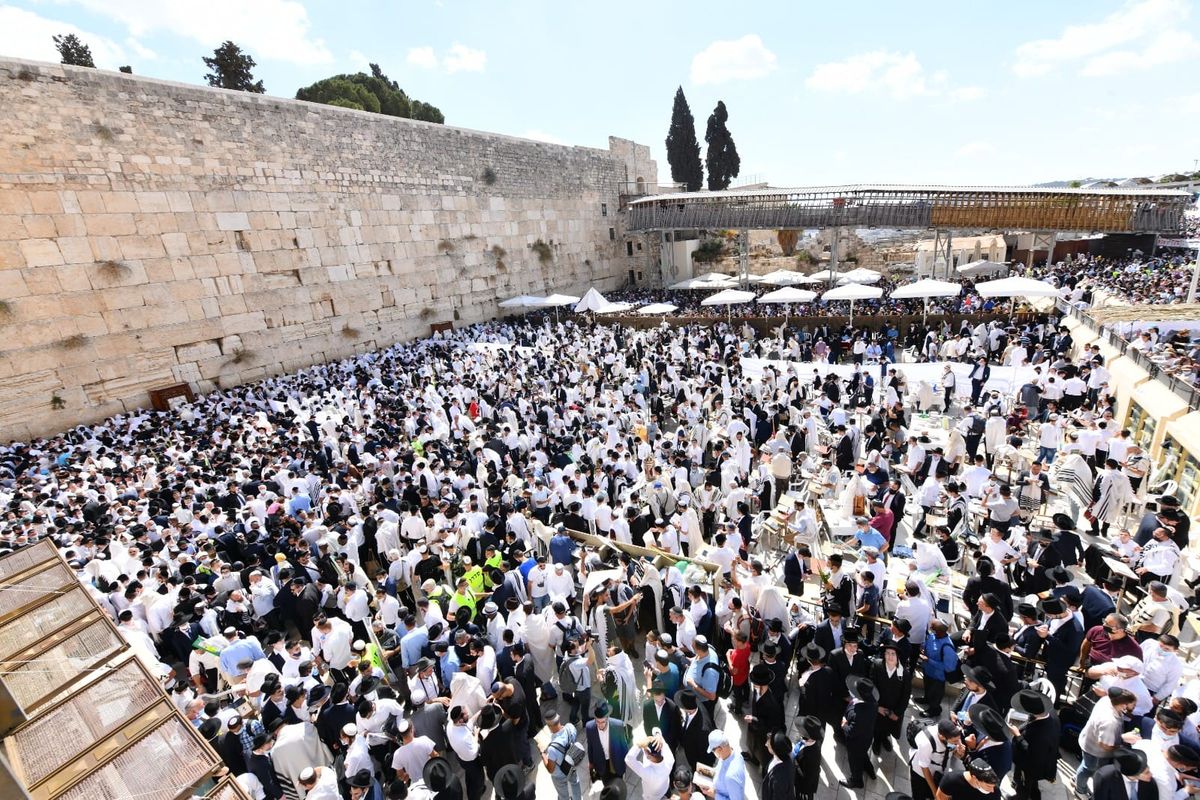Visitors usually flock to Jerusalem to experience its ancient sites, but a current development plan is threatening to mar the city’s distinctive historic architecture with 21st-century intrusions.
A number of tourist attractions being endorsed by local and national government agencies as well as the private City of David Foundation—including a half-mile long zip line, a pedestrian suspension bridge, and a cable car—were initially approved by a Benjamin Netanyahu-led government. Now, despite the budgetary and environmental concerns of some newly elected government officials, and other criticisms that these developments would jeopardize the delicate balance between Palestinian East Jerusalem and the city’s western Jewish flank, plans are moving forward.
Among the most contested components of the plan is the construction of a cable car to the Western Wall, a significant Jewish holy site. Internationally celebrated Israeli architect Moshe Safdie, who has worked on several projects in Jerusalem’s Old City, told the New York Times in 2019 that the cable car was “an aesthetic and architectural affront.” He described the Western Wall as a humble ancient place that truly reflected Jewish values, and added that “the cable car is the opposite: flashy, vulgar and aggressive.”
Other critics point out that the cable car’s singular destination would present a one-sided Jewish narrative of the city, bypassing Jerusalem’s significance to Muslims and Christians. Countering claims by Israel’s Tourism Ministry and Jerusalem Development Authority that the cable car would ease transportation to the Western Wall, a highly trafficked destination, Transportation Minister Merav Michaeli said in December 2021 that “the damage will outweigh the benefits.”
Another contentious development plan is for the construction of Israel’s longest zip line, from a ridge overlooking the Old City into a valley known as Peace Forest. The ridge falls within a liminal area between Israeli Western Jerusalem and Palestinian Eastern Jerusalem, with the forest located within the larger Palestinian neighborhood of Silwan. Silwan has long been tied to Jewish settlement interests because of its strategic placement near the Old City, and the fact that these efforts involve the City of David Foundation (a private Jewish settler organization) have caused concern that the project is intended to strengthen Israeli authority in the area.
Despite views that these plans will harm Jerusalem’s unique architectural, political, and environmental fabric, approvals and budgets seem to be moving forward although an exact timeline is unclear. The Municipality of Jerusalem website encourages visitors to use its new cable car, for instance, stating that it’s expected to begin operating in (now lapsed) 2021.


